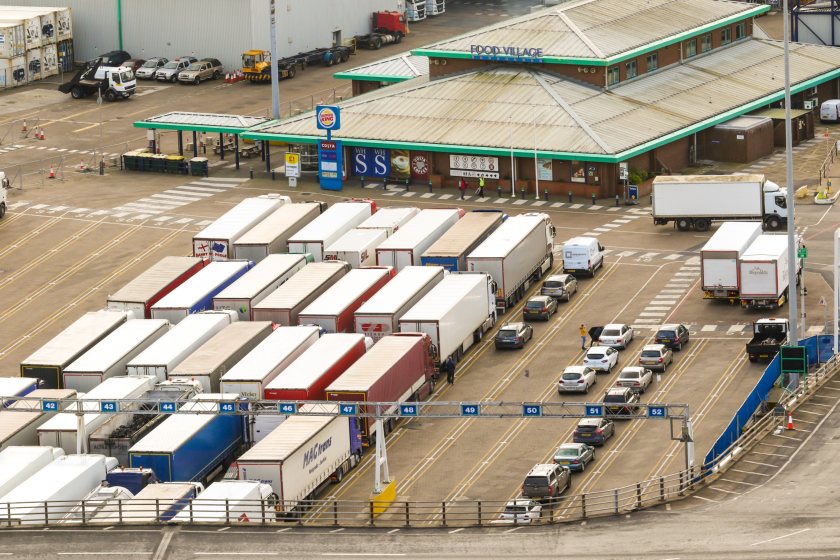
Imported food has been found to contain residues of 48 pesticides that are not approved for use by British farmers, new government testing shows.
The results shows that food imported into Britain could pose a greater risk to consumer health than domestically grown produce,
The most recent testing by the UK government detected pesticides with links to cancer on imported produce, according to Pesticide Action Network UK (PAN UK).
Both 'developmental or reproductive toxins', which impact fertility, and neurotoxins, which affect the nervous system, were detected in food imports.
These were also found to contain more than double the number of 'endocrine disrupting chemicals' which can interfere with hormone systems, the anti-pesticide body said.
Following recent news that some pesticides contain 'forever chemicals', the analysis also revealed that, while five pesticides were present in UK-grown food, the figure jumped to 12 for imports.
These are branded as 'forever chemicals' by food campaigners due to their ability to accumulate in the blood, bones and tissue of humans and other living organisms.
Nick Mole, policy officer at PAN UK, said the results from the government's testing painted a 'concerning' picture.
He blamed the government for allowing larger amounts of chemicals to appear in an 'ever-growing list' of common food items.
"When it comes to pesticides that pose a risk to consumer health, imports tend to be far worse than food grown here in the UK," Mr Mole said.
"The imported food tested by the government contained almost three times the number of highly hazardous pesticides, including carcinogens, endocrine disruptors and neurotoxins.
"With rates of diseases such as cancer and Parkinson’s on the rise, we should be doing everything we can to reduce our chemical exposure."
Food campaigners have concerns that new trade deals signed by the UK since Brexit could pose a major risk to the health of British consumers.
The UK is in the midst of negotiating a trade deal with India, meaning food imports from there are likely to increase.
But Mr Mole said there were 'major questions' over whether British border controls are robust enough to detect food imports contaminated with pesticides.
"When we’ve pointed out these risks to the UK government, they refuse to take them seriously," he said.
"Given that today’s findings are based on imports that have already made it past our borders, we strongly urge the government to take action to protect British consumers.”
